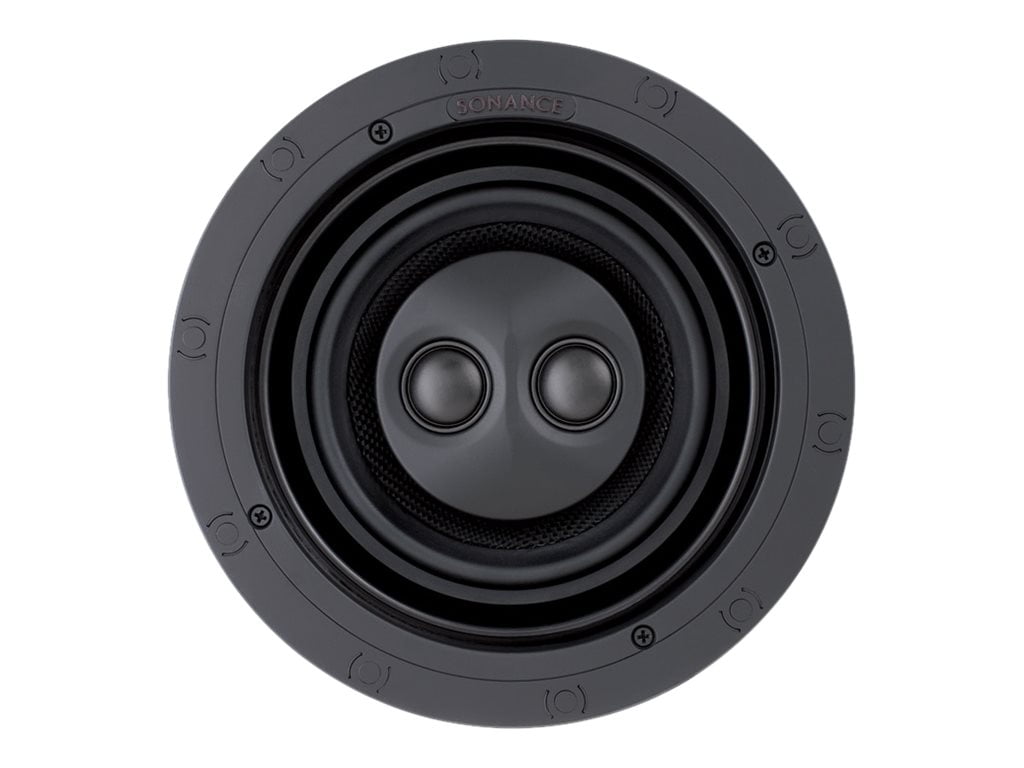

At the ARC, we wanted everyone to feel like they deserved a really nice space where they were treated well, which musicians aren't. "People rehearsed in storage lockers and their living rooms.
#SONANCE AUSTIN PROFESSIONAL#
"There were no professional rehearsal facilities of any kind," says Harvey of Austin's practice space landscape before the complex opened. So does flatulence, waiting on unpunctual bandmates, and finding your snare head broken from another drummer that shares the room. The alchemic flash of a song creation manifests more exciting than when those chords, rhythms, and words step onstage.Įnduring friendships, bonds thicker than blood, and deep psychic relationships develop therein. That's not a valuation of the room's size, condition, or cleanliness – many spaces are repugnant caverns of sweat residue, cigarette ash, and beer can debris with substandard temperature control – but rather, acknowledgment that divine musical instances take place there. Where bands practice, you see, it's sacred ground. No surprise, though, that more than two decades later the ARC exists in the dreamscape of Harvey, a drummer who opened the business in 1990 with local band manager and booker Wayne Nagel. Perhaps the most culturally endeared business of its kind in the city's history, Austin Rehearsal Complex closed in 1999. Nary a trace of it exists among the hotels and multiuse developments running behind South Congress Avenue on Music Lane.

In waking life, that bygone practice space might as well represent an ancient civilization. That’s not a valuation of the room’s size, condition, or cleanliness, but rather acknowledgment that divine musical instances take place there. Where bands practice, you see, it’s sacred ground.


 0 kommentar(er)
0 kommentar(er)
